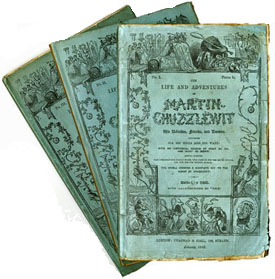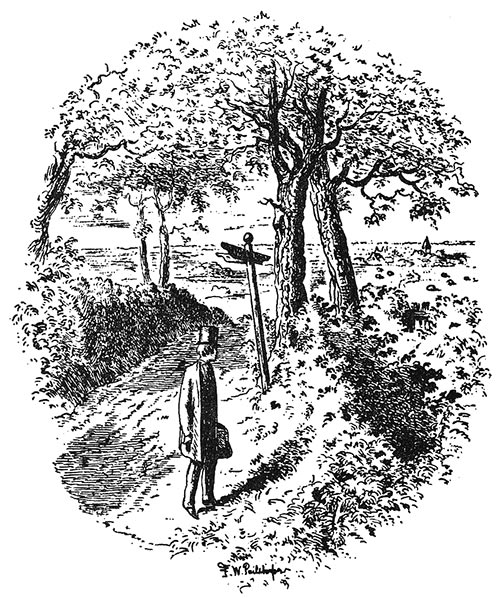It is interesting to read Great Expectations and realize that the story is not being told in “real time” but rather that Pip is retrospectively narrating experiences from his life. That begs the question: just how reliable of a narrator is Pip? The stories that he tells are incredibly detailed, and almost seem tangible. How many of these details is Pip essentially “making up”? It seems unlikely that an adult would so clearly recall events from his childhood in the way that Pip does. Perhaps he is cushioning these memories with fabrication because he cannot remember, or maybe he truly believes that what he is saying is real. Regardless, it would seem reasonable to assume that the tales that our protagonist is telling are not 100% accurate.
Of course, we have been faced with the “unreliable narrator” issue before, in Wuthering Heights. While there are several different narrators, all of whom could be unreliable in their own right, Nelly is the one that sticks out. Questioning how it’s possible she knows certain things, if she’s altering the truth to make herself seem a bit better, or other reasons, Nelly is often considered to not be the most trustworthy. In both her and Pip’s cases, the unreliability does not necessarily come from a deliberate attempt at concealing truth, but simply from poor memory, or remembering things “differently.” But it still serves to consider their narration with a critical eye.


